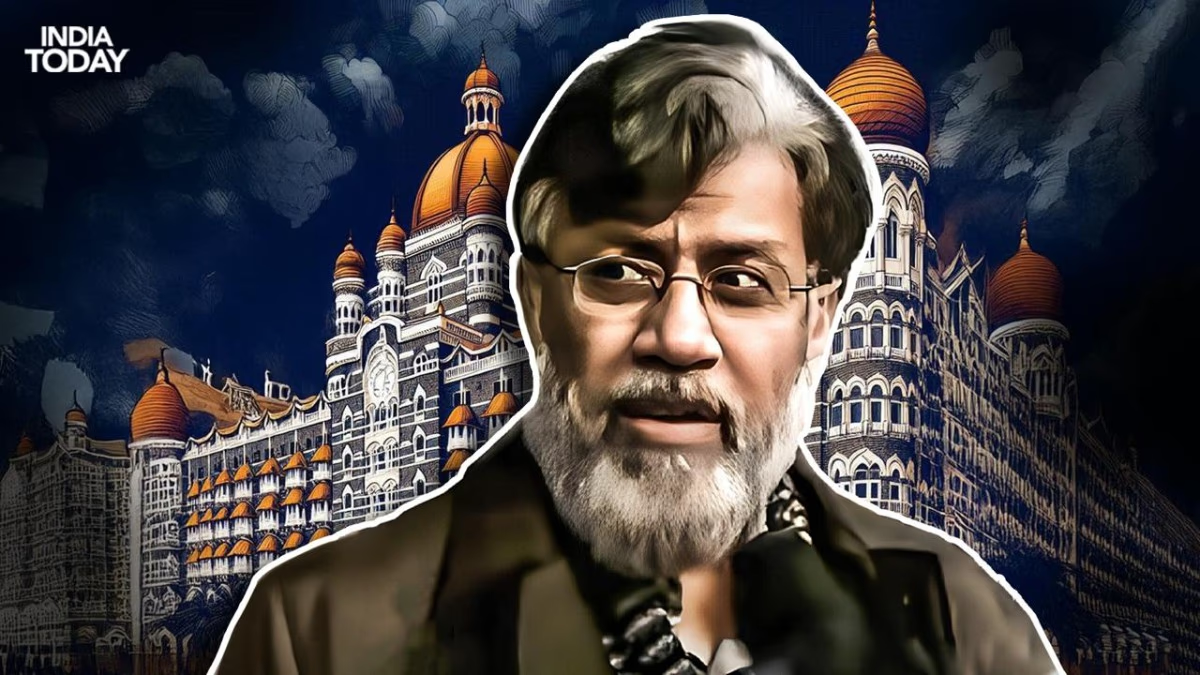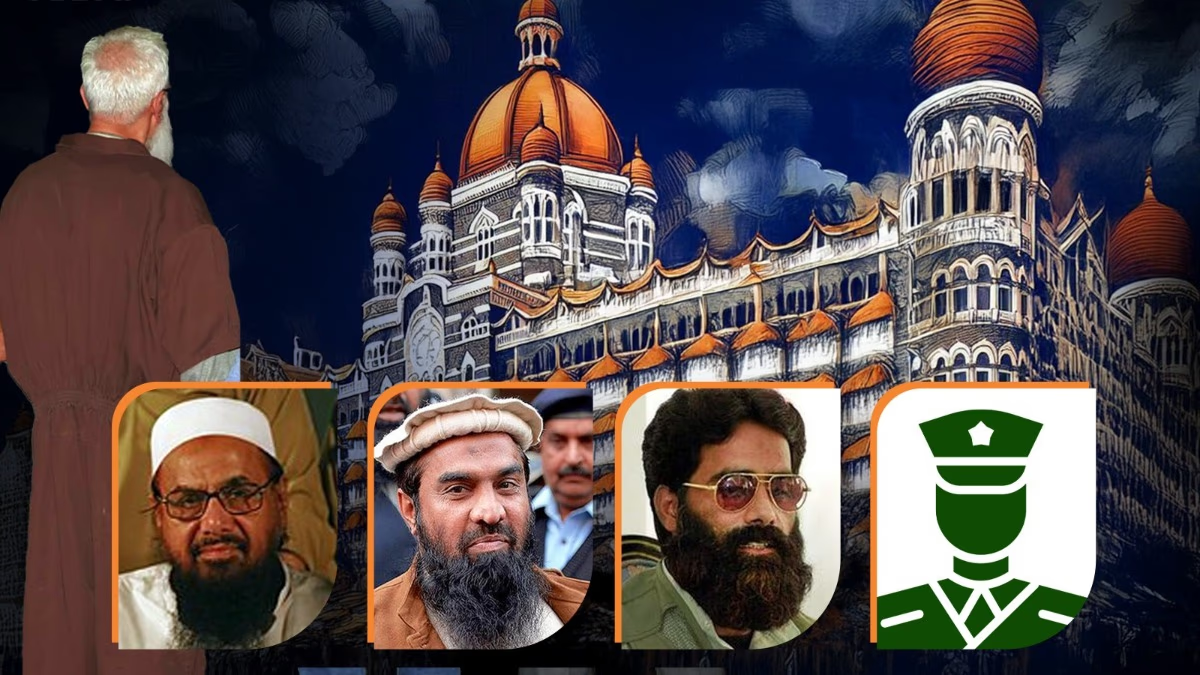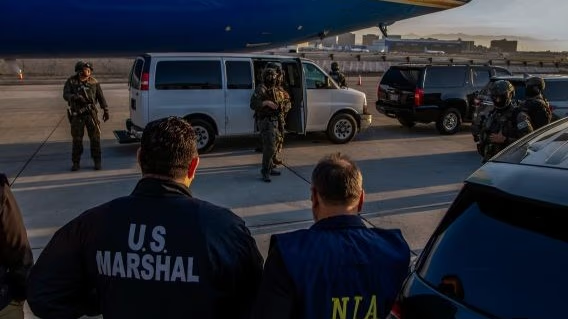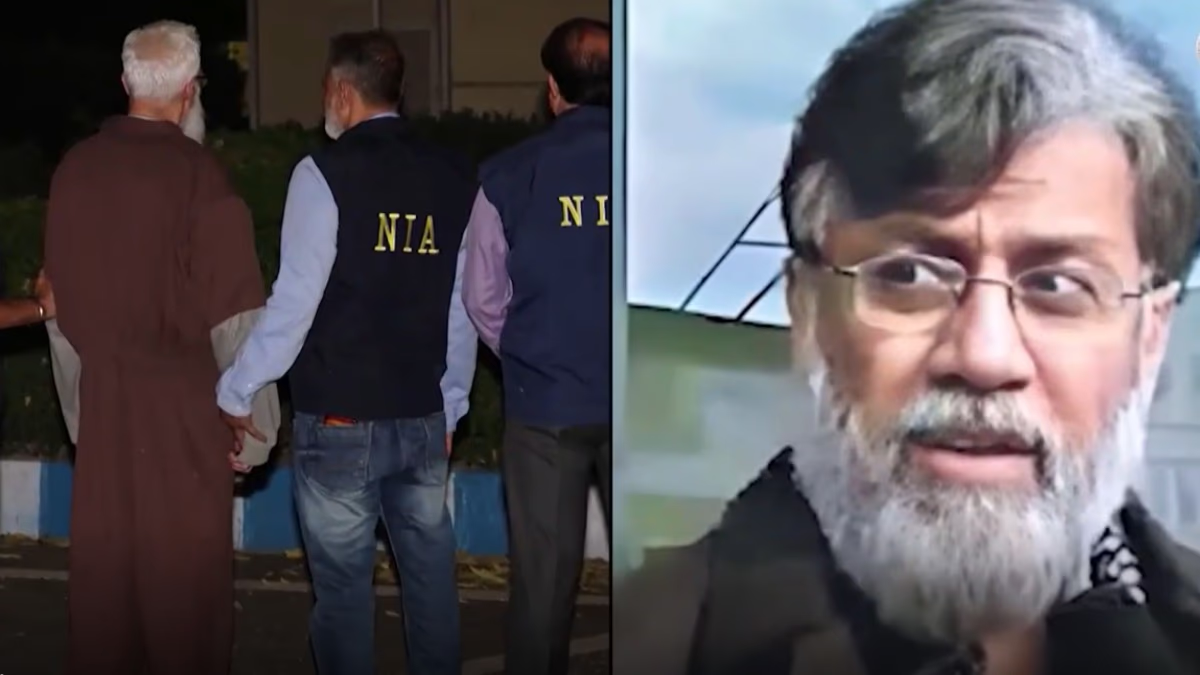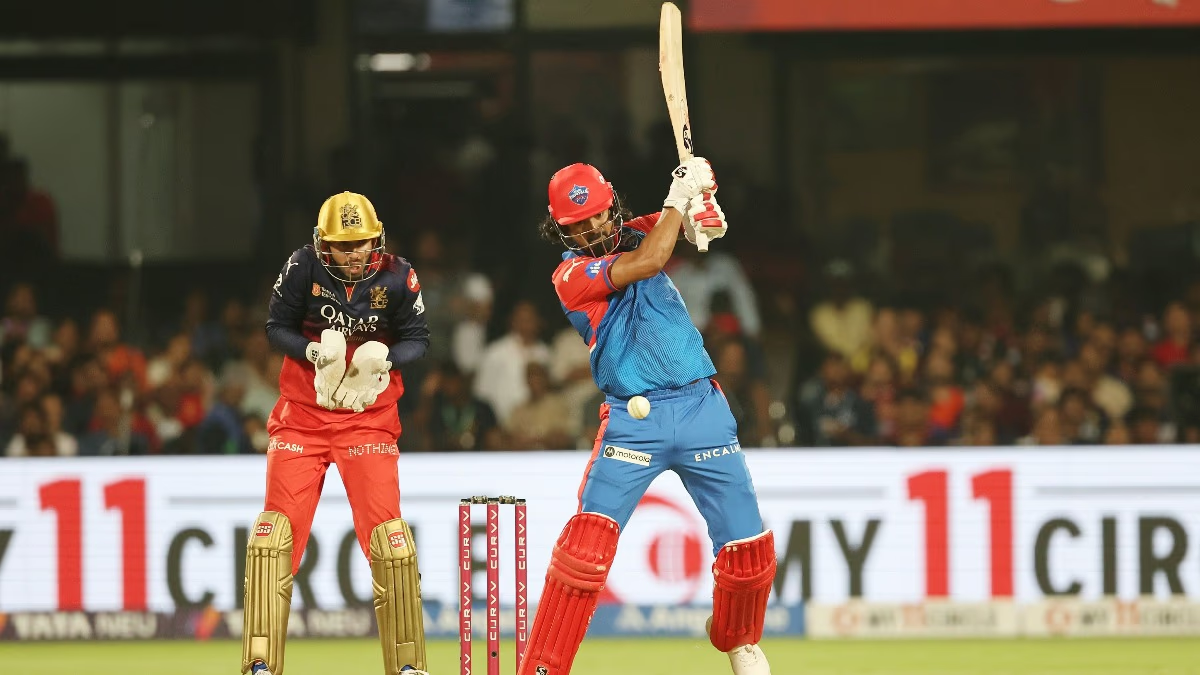The mastermind behind the 26/11 Mumbai attacks, Tahawwur Rana, has been placed in an 18-day NIA custody by the court. Brought to India on Thursday (April 10), meticulous precautions were undertaken; his chartered flight deliberately steered clear of Pakistani airspace—a route typically traversed by commercial and chartered flights. However, the path was altered during Rana's transport.
Interestingly, on its return trip, the aircraft utilized its regular route, crossing through Pakistani airspace to reach the UAE airport. The plane that carried Tahawwur Rana hailed from a private charter jet management company based in Vienna.
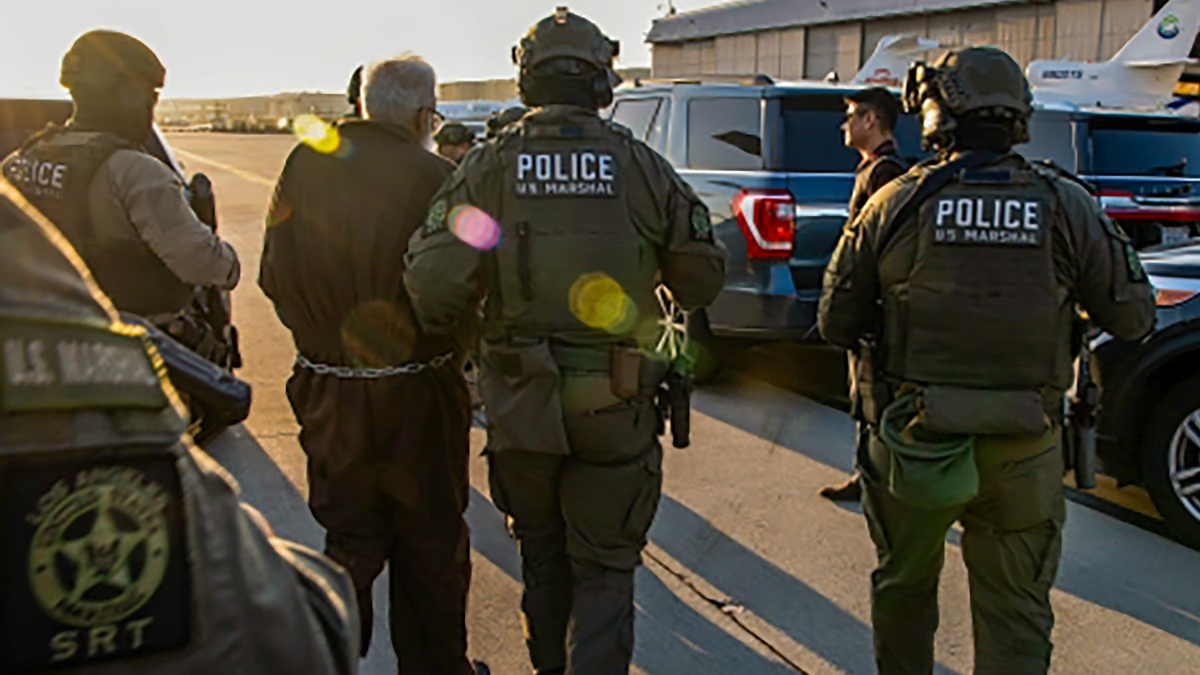
Source: aajtak
A charter plane, the Gulf Stream G-550, was utilized for transporting Tahawwur Rana from the USA to India. Chartered on an hourly basis, it departed Miami, USA, alongside Indian officials, finally landing in Delhi approximately 40 hours later on Thursday evening. The hourly rental cost of this business jet stands at about 900,000 rupees, with a cumulative expense of nearly 40 million rupees for his extradition, a hundredfold expense compared to a business class ticket from Miami to Delhi priced at 400,000 rupees each—yet charter planes are employed for security during extradition.
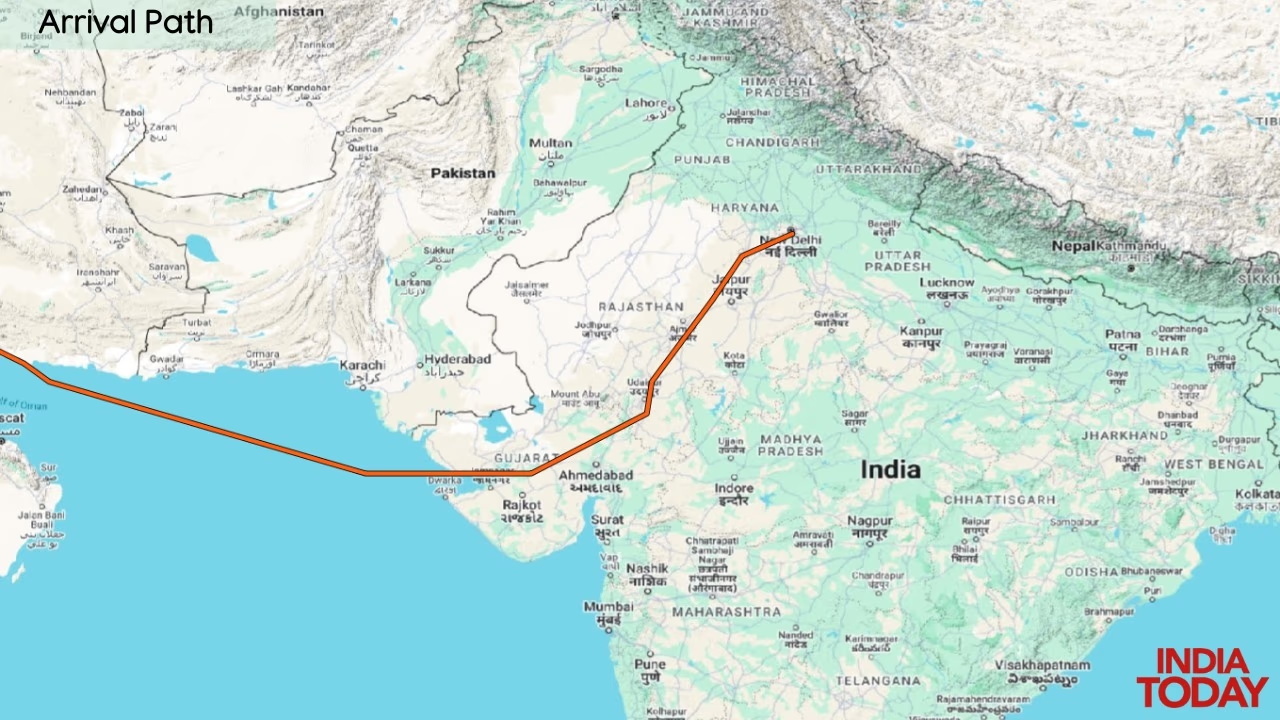
Source: aajtak
Medical Check Every 24 Hours & Legal Counsel Every Alternate Day
Thursday night saw Tahawwur Rana making a court appearance. NIA argued before the court, suspecting that Rana masterminded a terror plot targeting multiple Indian cities similar to the 26/11 Mumbai attacks. Special Judge CHander Jeet Singh remanded Rana to an 18-day NIA custody, directing NIA to perform medical examinations every 24 hours and allow lawyer meetings every other day. Furthermore, Rana was restricted to using only soft-tip pens and was allowed legal counsel only under NIA supervision.
NIA's Court Arguments
According to PTI, during arguments, NIA emphasized the necessity of Rana's custody to understand the full conspiracy network, citing the need to revisit locations linked to events from 17 years ago. Sources disclosed NIA's rationale for extended custody, aimed at pursuing exhaustive interrogation to decipher intricate conspiracy layers, underlining suspicions that similar strategies from the Mumbai attacks could potentially threaten other cities, necessitating discovery of any related plots.
